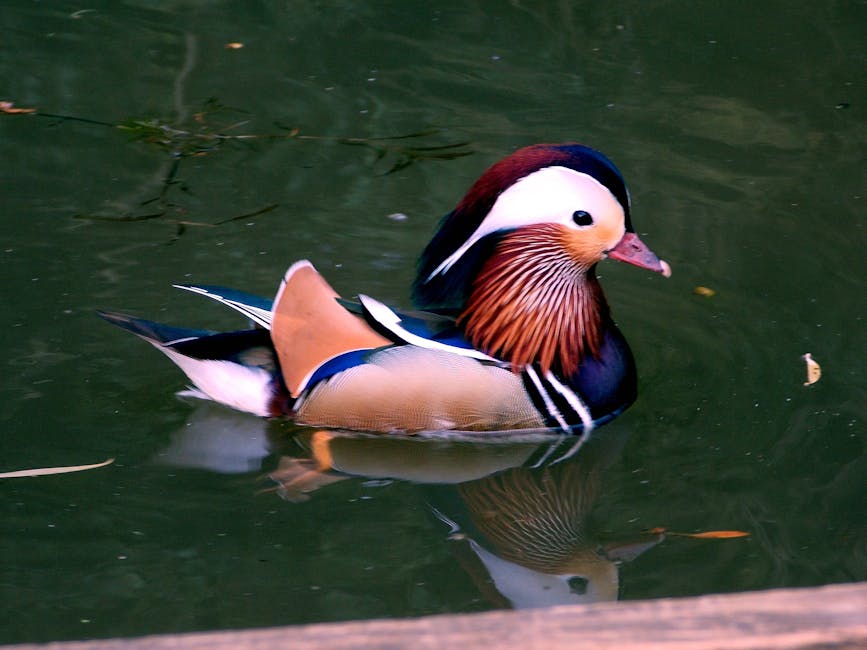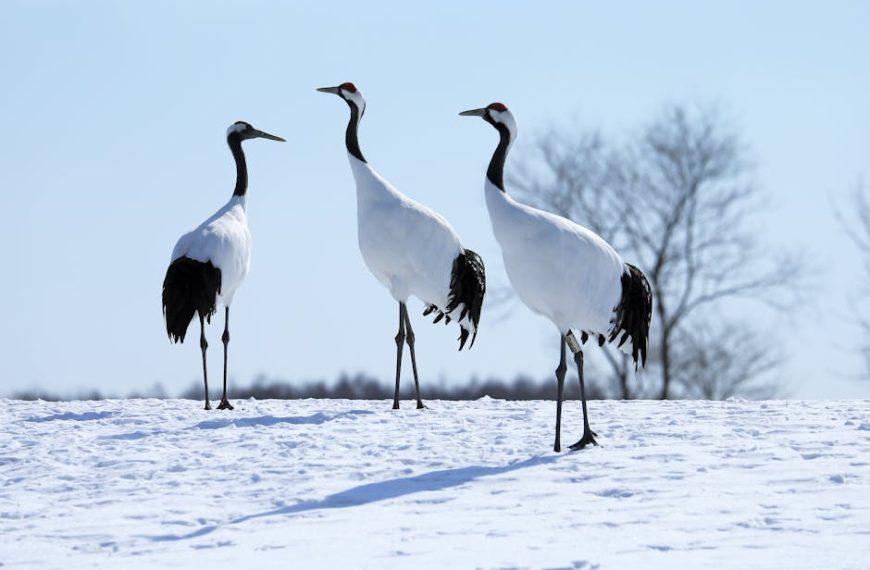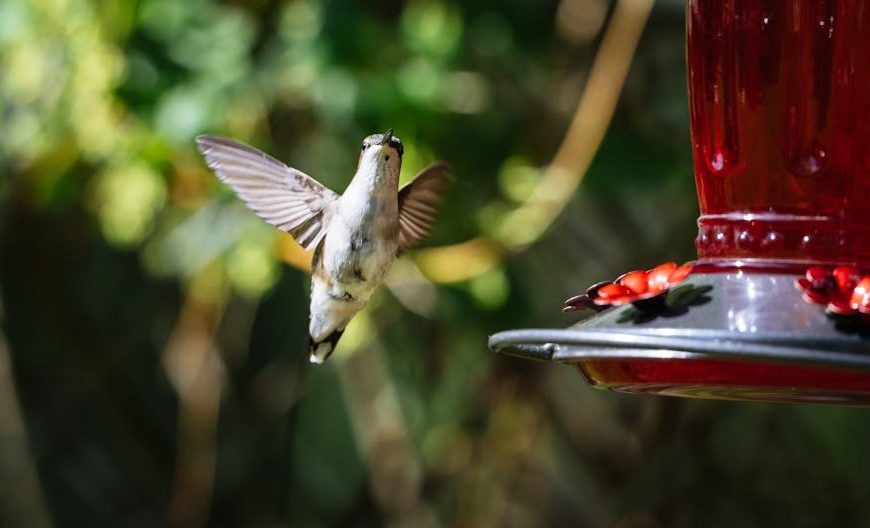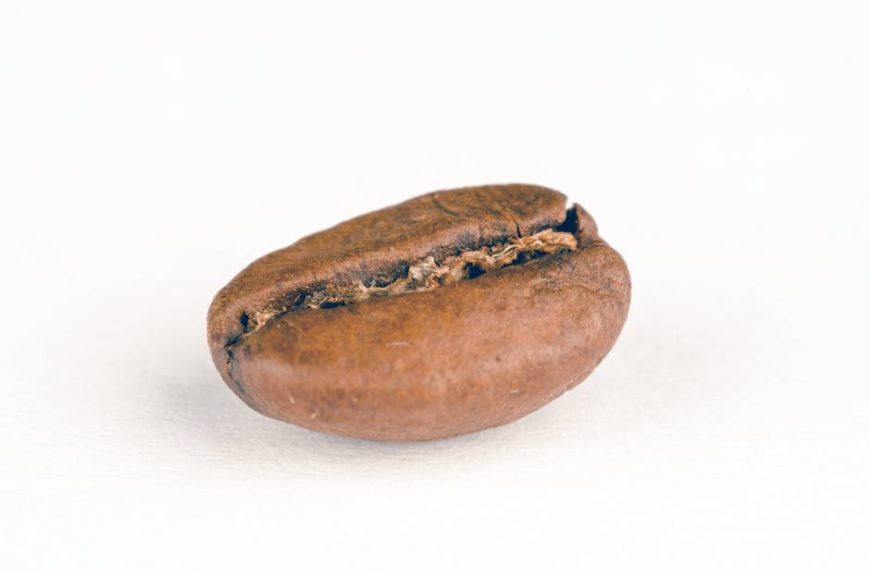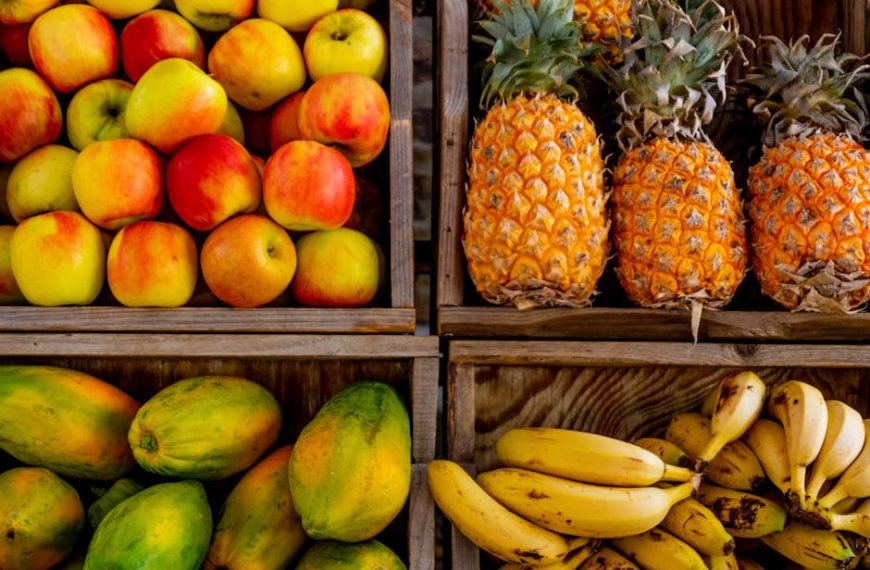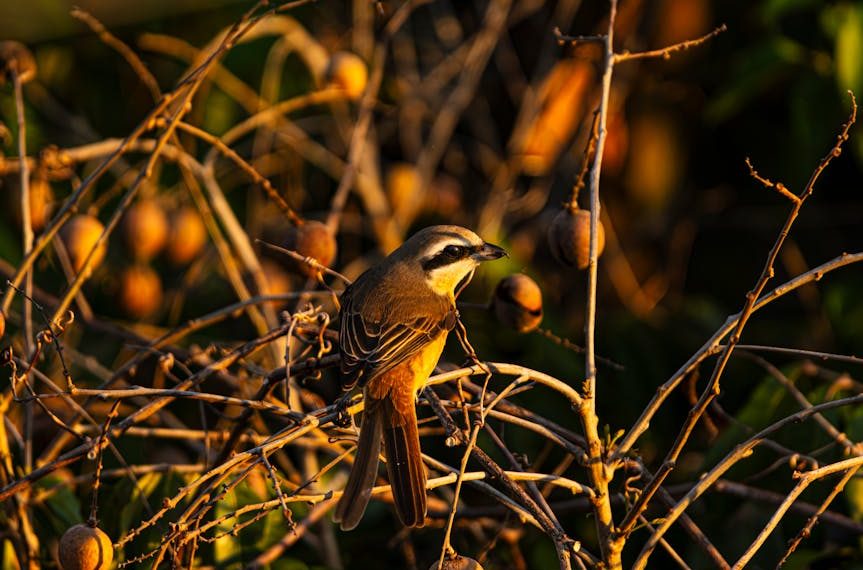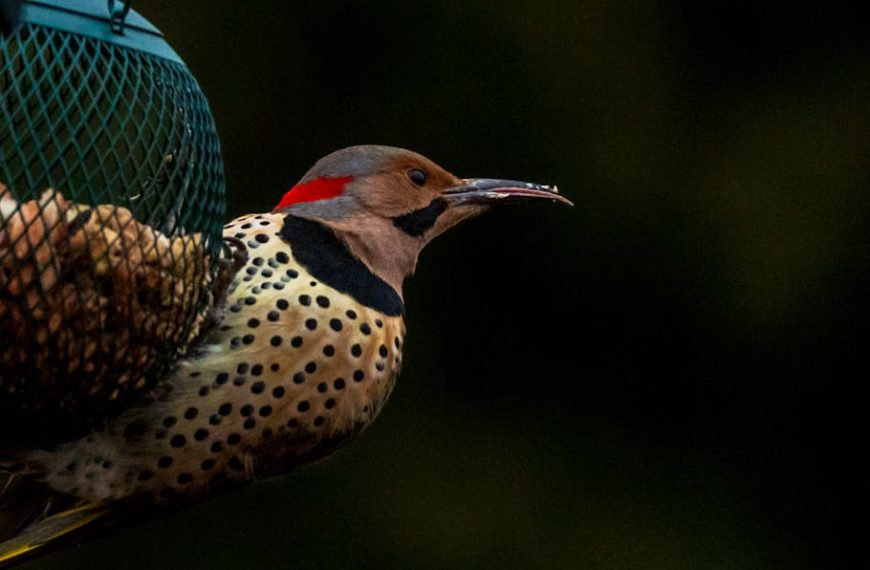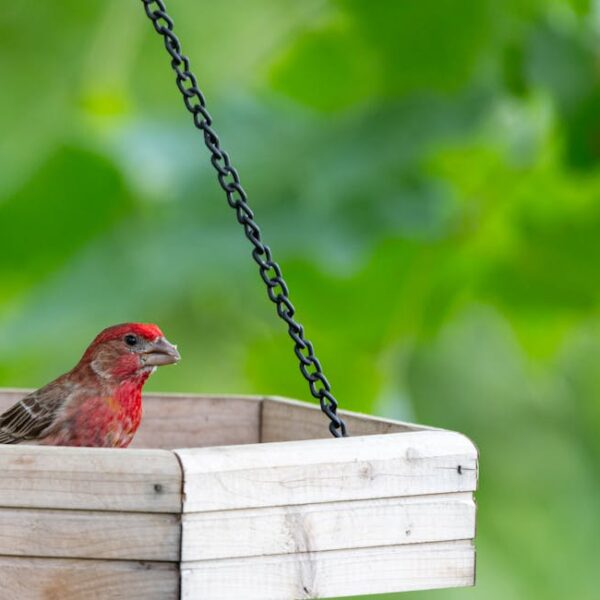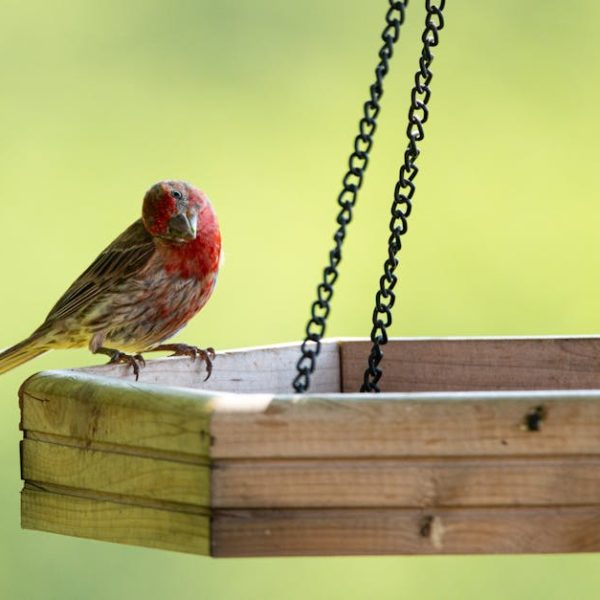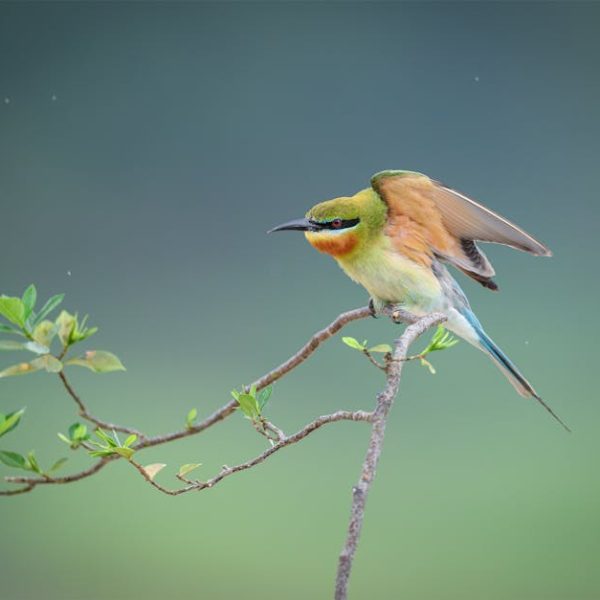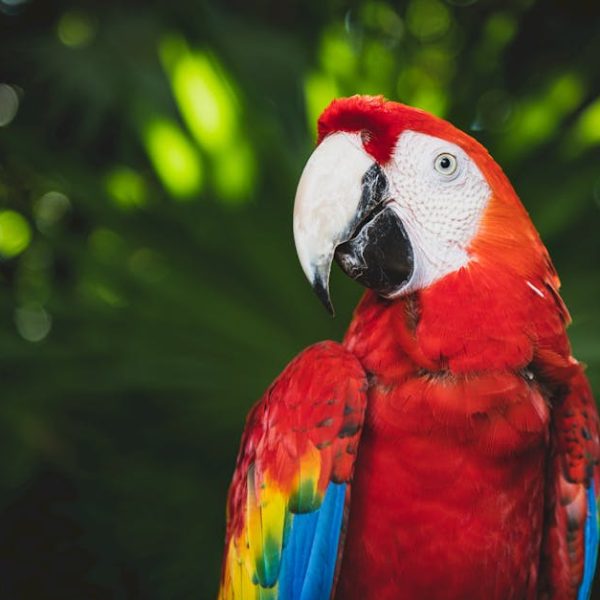Enriching your bird’s dietary routine with a variety of fruits can make an important contribution to their overall health and wellbeing. Finding the right combination begins with understanding bird nutrition and what fruits can do to enhance it. Fruits are packed with vital nutrients that birds need for their overall growth and development. They provide essential vitamins and minerals like vitamin C, potassium, and fiber, which contribute significantly to your bird’s health.
A. Understanding Bird Nutrition
Birds process food differently from humans due to their unique digestive systems. While they can extract nutrients from fruits, it’s important to know which fruits they can safely eat and which ones offer the most benefits.
The key nutrients that fruits provide for birds include but are not limited to:
- Vitamin A: Supports growth and immune system function. Fruits rich in vitamin A include mangoes and papayas.
- Vitamin C: Essential for healthy feathers and skin. Kiwis and strawberries are excellent sources of vitamin C.
- Fiber: Crucial for a functioning digestive system. Apples (without the seeds) and pears can provide birds with much-needed fiber.
- Potassium: Helps with heart health and maintaining a healthy metabolism. Bananas are a great source of potassium.
B. Common Types of Fruits Birds Love
Birds have their own personal preferences when it comes to fruits. Some enjoy sweet, juicy fruits, while others prefer slightly sour options. The following list highlights a few common fruits that you can consider when diversifying your bird’s diet:
- Berries: These tiny fruits are a hit with almost all bird species. From blueberries and raspberries to strawberries, they are nutrient-packed and easy to eat.
- Apples: Apples (without seeds) can offer your bird an ample dose of fiber, which aids digestion.
- Bananas: A fav amongst birds thanks to their soft texture and sweet taste. They also provide your bird with potassium.
C. How to Give Fruits to Your Birds
Preparing fruits for your birds should be done with some caution. Firstly, fruits should be washed thoroughly to remove any possible chemical residues. Secondly, fruits should be cut into appropriately small pieces that are easily consumable by your bird. Remember to remove any seeds, as they can be a choking hazard. Finally, ensure that the fruit isn’t overripe or spoiled, as this can lead to health issues.
Pro tip: Always supervise your bird when introducing a new fruit into their diet and remove the uneaten portions after a few hours to prevent spoilage.
Next, we’ll dive into identifying the fruits that should be avoided and discussing the safe introduction of new fruits into your bird’s diet.
D. Fruits That Should be Avoided
Not all fruits are safe for birds to consume. Certain fruits, like avocados or those with large seeds or pits, can be harmful to birds.
Here’s a brief comparison table listing safe vs. unsafe fruits for your bird:
| Safe Fruits | Unsafe Fruits |
|---|---|
| Oranges | Avocados |
| Berries | Cherries (with pits) |
| Pears | Apricots (with pits) |
| Kiwis | Peaches (with pits) |
| Bananas | Plums (with pits) |
Avocados contain persin, a substance that can cause respiratory distress, heart failure, and even death in birds. Similarly, the seeds or pits in fruits like cherries, peaches, and plums contain cyanide, which is toxic to birds.
Remember, when in doubt, consult with an avian vet.
E. Introducing New Fruits Into Birds’ Diet
Introducing new fruits into your bird’s diet should be a gradual process. Start with small servings and keep an eye out for any changes in their behaviour or digestion.
Here’s a checklist to follow:
- Introduce only one new fruit at a time.
- Gradually increase the quantity over a few days.
- Monitor your bird closely for signs like refused food, change in droppings, or unusual behaviour.
- If signs persist, stop introducing the new fruit and consult with a vet.
Getting your bird to try new fruits can take time, patience, and creativity. But remember, a varied diet promotes better health and wellbeing.
Best practice: Always maintain a balanced diet for your bird. This means not overdoing it with fruits, but also including a range of vegetables, seeds, pellets, and occasional treats.
By understanding your bird’s nutritional needs and preferences, you are not only enhancing their health but also forming a stronger bond with your feathery friend. Remember balance and variety are the keys to a healthy bird diet.
Key Takeaway:
- Fruits are critical to bird diets because they provide essential vitamins and nutrients.
- Understanding how birds’ digestive systems work can help us provide them with the best diet.
- It’s important to prepare fruits carefully for birds to ensure their safety.
- While many fruits are beloved by birds, some like avocados and fruit seeds can be harmful.
- Introducing new fruits to a bird’s diet should be done gradually to monitor for any adverse reactions.
Remember: a well-nourished bird is a happy bird. While it’s critical to be aware of the potential dangers and to carefully introduce new foods, it’s equally wonderful to discover the variety of fruits your feathered friend may come to enjoy. Providing them a fruit-rich diet can contribute significantly to their overall health and wellbeing, which will only strengthen the bond you share.
FAQs
Q: Can birds eat citrus fruits like oranges and lemons?
A: Yes, it’s generally safe for birds to have citrus fruits. They provide beneficial vitamins, however, the high acidity might not be appreciated by some birds, and so quantity should be moderated.
Q: What signs might indicate my bird is not reacting well to a new fruit in their diet?
A: Factors like refusing food, changes in droppings, unusual behaviour or signs of physical discomfort might indicate that a bird is not reacting well to a new fruit in its diet.
Q: Can birds eat dried fruits?
A: Yes, birds can eat some dried fruits. However, these are often high in sugar and should be offered in moderation.
Q: Are there any risks if my bird eats too much fruit?
A: While fruits are generally healthy, excessive amounts can lead to nutritional imbalances, obesity and related health issues. It’s essential to provide a balanced diet to your bird.
Q: What’s the best way to serve fruits to my bird?
A: The best way to serve fruits to birds is by washing them thoroughly, cutting them into small, manageable pieces, removing any seeds or pits, and ensuring they’re fresh and not overripe.
We hope you find this article helpful. For more insights, make sure to explore our other posts and share this article with fellow bird enthusiasts!
